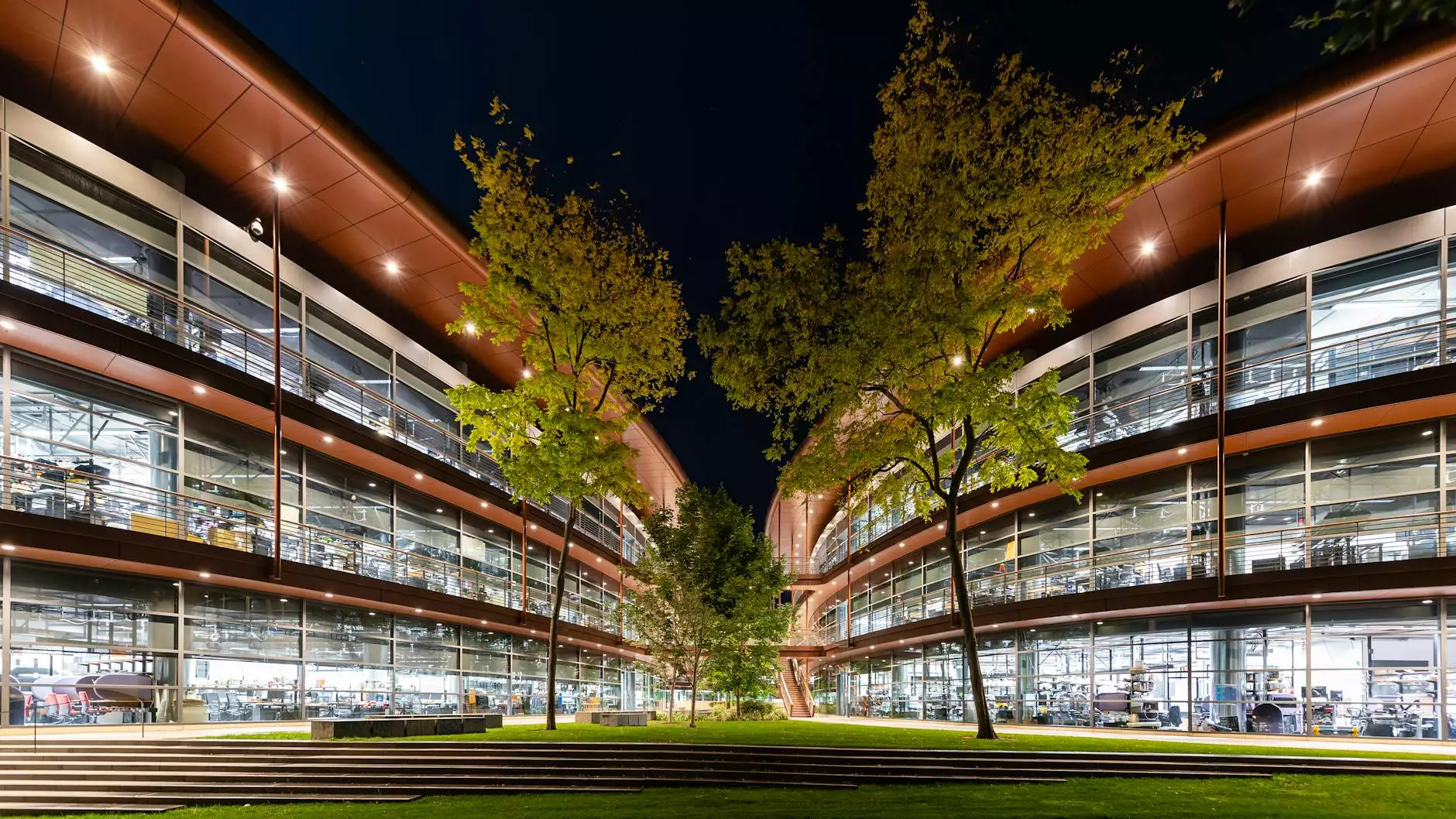Stanford University, Stanford Institutes of Medicine 1, Lorry I. Lokey Stem Cell Research Building

Discover World-Class Research Facilities
Welcome to the Stanford Institutes of Medicine 1, also known as the Lorry I. Lokey Stem Cell Research Building, a groundbreaking facility located at Stanford University. This state-of-the-art research building is a California Institute for Regenerative Medicine (CIRM) facility, dedicated to exploring the vast potential of stem cells for regenerative medicine.
The Power of Stem Cell Research
At Stanford University, we believe in the transformative power of stem cell research. Our dedicated team of scientists, researchers, and medical professionals are at the forefront of groundbreaking discoveries that have the potential to revolutionize medicine.
State-of-the-Art Facilities
Our Stem Cell Research Building provides an exceptional environment for cutting-edge research. Equipped with the latest technologies and advanced laboratory infrastructure, we offer a unique space for scientists to explore and expand their knowledge of stem cell biology and regenerative medicine.
Leading the Way in Regenerative Medicine
As a California Institute for Regenerative Medicine (CIRM) facility, Stanford Institutes of Medicine 1 is at the forefront of regenerative medicine research. Our team actively collaborates with other pioneering institutions and researchers worldwide to accelerate the development of innovative treatments and therapies.
Advancing Stem Cell-Based Therapies
Our research at Stanford University focuses on unlocking the potential of stem cells to treat a wide range of diseases and injuries. Through meticulous experiments and rigorous clinical trials, we are making significant strides towards developing stem cell-based therapies that can help patients regain their health and quality of life.
Innovative Research Areas
Our dedicated researchers explore various avenues of stem cell research, encompassing areas such as:
- Neurological Disorders: Investigating stem cell therapies for conditions like Parkinson's disease, Alzheimer's disease, and spinal cord injuries.
- Cardiovascular Diseases: Studying the potential of stem cells to repair damaged heart tissues and improve cardiac function.
- Autoimmune Disorders: Exploring novel approaches to treat autoimmune conditions, including multiple sclerosis and type 1 diabetes.
- Orthopedic Injuries: Investigating regenerative treatments for joint and bone injuries, such as osteoarthritis and fractures.
- Organ Regeneration: Pioneering efforts to grow fully functional organs using stem cells, offering hope for patients awaiting transplants.
Collaborative Network of Experts
At Stanford Institutes of Medicine 1, we pride ourselves on fostering a collaborative network of experts in various fields. Our multidisciplinary approach brings together scientists, clinicians, and engineers to exchange knowledge, share insights, and push the boundaries of regenerative medicine.
Dedicated to Ethical Practices
As leaders in stem cell research, we prioritize ethical practices and adhere to strict guidelines to safeguard the well-being of research participants and ensure the responsible use of stem cells. Our commitment to ethical standards is integral to the advancement of regenerative medicine.
Advocates for Public Education
At Stanford University, we recognize the importance of public education and raising awareness about the potential of stem cell research. Through community outreach programs, informative seminars, and educational initiatives, we aim to engage and empower the public with knowledge about regenerative medicine.
Contact Us
If you have any questions or would like to learn more about our research and facilities at Stanford Institutes of Medicine 1, please don't hesitate to get in touch. Reach out to our knowledgeable team, and we will be happy to assist you.
Remember, Stanford University's Stanford Institutes of Medicine 1, Lorry I. Lokey Stem Cell Research Building is a California Institute for Regenerative Medicine (CIRM) facility, dedicated to exploring the transformative power of stem cells and advancing the field of regenerative medicine.



